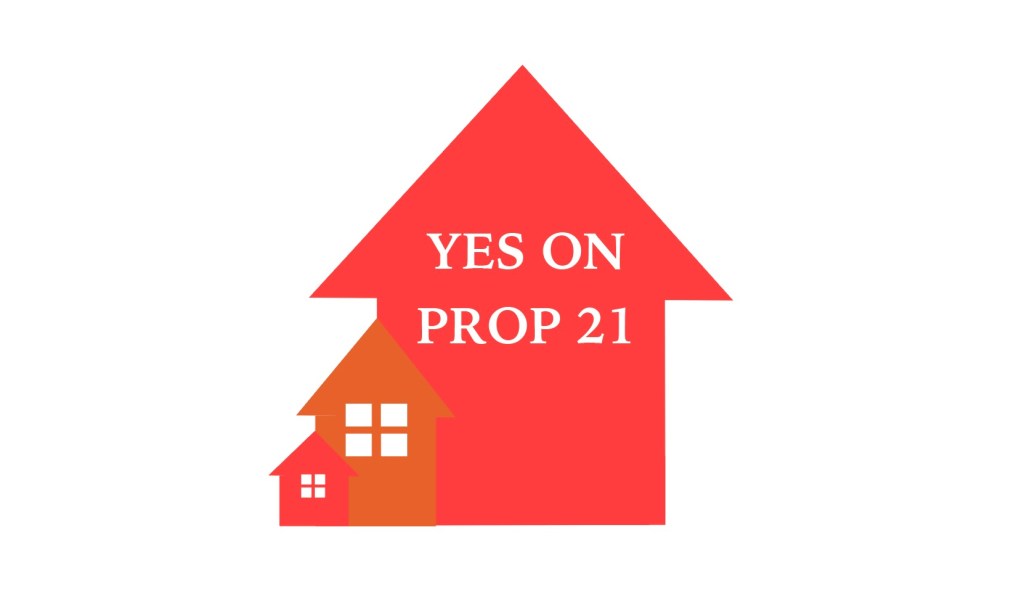Nearly half of the residents of Santa Barbara County are renters. The average monthly rent for a two-bedroom apartment is $2,100. Under the current state law, with a limit of an 8 percent annual increase, a landlord can still raise the rent $168 per month every year! Very few businesses can expect to thrive if they annually raise their prices by 8 percent. But here in Santa Barbara where the vacancy rate is less than 2 percent, the landlords call the shots.
It is simply unsustainable for a family to have to shell out 50 percent or more of their monthly income for shelter. There are ripple effects on the well-being of a families who have to “do without” adequate nutrition, health care, and other essentials in order to pay an exorbitant rent to keep from becoming homeless. Not to mention the psychological effect of not knowing from month to month whether you will have to move or relocate your children to a new neighborhood and new school. Because of state laws enacted to “streamline” the eviction process, a family can be evicted from their home in as little as three weeks.
Like health care, food, water, and education, housing is a human right. As such, it should not be subject to the cruel whims of the “free market.” Rental housing has become a commodity, dominated by corporate mega-landlords. Under Proposition 21, exceptions to the rent-control mandate have been carved out for single-family residences owned by “mom and pop” landlords who only own one or two properties.
Proposition 21 doesn’t mandate rent control statewide. Rather, municipalities continue to have the freedom to decide whether rent control is right for their communities. The individual cities of Santa Barbara County and the unincorporated part of the county will still be able decide whether rent control is appropriate for them. One of the primary changes Proposition 21 makes is the age of the housing to which rent control can apply. Current law exempts from rent control any properties built after 1995. The new law would allow communities that have rent control to adjust that exemption to housing built more than 15 years ago. One of the beneficial effects of that change is that it incentivizes the building of new housing.
Proposition 21 eliminates an incentive to evict solely to make more profit by limiting the rent increase to 15 percent when there is a new renter. By capping rent increases when a new tenant moves in to a very generous 15 percent, it reduces the chances that a landlord will seek to evict a tenant, or decide not to extend a lease, just so he can make a lot more money.
Residential “just cause” laws, which require landlords to state a legitimate business purpose when evicting or refusing to renew a rental are seriously weakened when there is no limit on rent increases. If a landlord doesn’t want to state a reason, they have only to increase the rent beyond what the tenant can pay to “evict” them.
I have 30 years of experience representing and advising low-income tenants of Santa Barbara County to assert their legal rights and avoid homelessness. I have witnessed firsthand the stress put on individuals and families when they come up short for rent. I support the Rental Affordability Act, Proposition 21. The changes required by Proposition 21 are actually quite modest, in my opinion. I think the amount of rent increases permitted is still too high. It still exempts too many newly built apartments. Nevertheless, it’s is a move in the right direction.
Ron Perry is an attorney who practices law in Santa Barbara.

